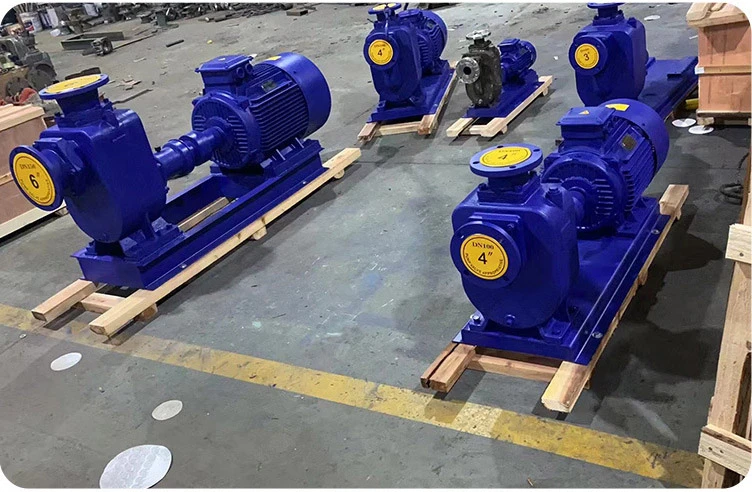Sindhi
- Afrikaans
- Albanian
- Amharic
- Arabic
- Armenian
- Azerbaijani
- Basque
- Belarusian
- Bengali
- Bosnian
- Bulgarian
- Catalan
- Cebuano
- Corsican
- Croatian
- Czech
- Danish
- Dutch
- English
- Esperanto
- Estonian
- Finnish
- French
- Frisian
- Galician
- Georgian
- German
- Greek
- Gujarati
- Haitian Creole
- hausa
- hawaiian
- Hebrew
- Hindi
- Miao
- Hungarian
- Icelandic
- igbo
- Indonesian
- irish
- Italian
- Japanese
- Javanese
- Kannada
- kazakh
- Khmer
- Rwandese
- Korean
- Kurdish
- Kyrgyz
- Lao
- Latin
- Latvian
- Lithuanian
- Luxembourgish
- Macedonian
- Malgashi
- Malay
- Malayalam
- Maltese
- Maori
- Marathi
- Mongolian
- Myanmar
- Nepali
- Norwegian
- Norwegian
- Occitan
- Pashto
- Persian
- Polish
- Portuguese
- Punjabi
- Romanian
- Russian
- Samoan
- Scottish Gaelic
- Serbian
- Sesotho
- Shona
- Sindhi
- Sinhala
- Slovak
- Slovenian
- Somali
- Spanish
- Sundanese
- Swahili
- Swedish
- Tagalog
- Tajik
- Tamil
- Tatar
- Telugu
- Thai
- Turkish
- Turkmen
- Ukrainian
- Urdu
- Uighur
- Uzbek
- Vietnamese
- Welsh
- Bantu
- Yiddish
- Yoruba
- Zulu
Telephone: +86 13120555503
Email: frank@cypump.com
Dec . 20, 2024 18:55 Back to list
effluent pump
Understanding Effluent Pumps A Key Component in Wastewater Management
Effluent pumps play a crucial role in the management and treatment of wastewater, making them an essential component in various applications, from residential to industrial settings. As water pollution continues to be a pressing global issue, the significance of effective wastewater management systems, including the use of effluent pumps, becomes increasingly apparent.
What is an Effluent Pump?
An effluent pump is a type of submersible pump specifically designed to handle the transportation of wastewater from a septic system or a sewage treatment plant. Unlike ordinary sump pumps, effluent pumps are built to handle liquids containing solid waste material, making them suitable for transferring effluent from treatment systems to drain fields or other disposal sites. These pumps are adept at handling particles and debris, which are often present in wastewater, ensuring that the treated effluent is moved efficiently and safely.
How Do Effluent Pumps Work?
Effluent pumps operate by utilizing a motor to drive an impeller, which creates a vacuum that draws in wastewater through an inlet. Once the wastewater enters the pump, it is expelled through an outlet pipe, often leading to a septic tank or a drainage field. This process is vital in maintaining the flow of treated water, preventing backflow and ensuring that systems operate smoothly.
Most effluent pumps feature a float switch, which automatically activates the pump when the wastewater level reaches a certain height. This automation reduces the risk of overflow and minimizes the need for manual operation. Additionally, effluent pumps are equipped with various components such as check valves and discharge pipes that enhance their efficacy and reliability.
Applications of Effluent Pumps
Effluent pumps are utilized in various settings, including
1. Residential Sewage Systems Many homeowners with septic systems rely on effluent pumps to move treated wastewater from their septic tanks to leach fields. This function is essential for preventing system backups and maintaining sanitary conditions.
2. Commercial Buildings In larger establishments such as restaurants, hotels, and schools, effluent pumps are critical for managing wastewater effectively. These systems help ensure that sewage flows are maintained even during peak usage times.
effluent pump

3. Industrial Applications Factories and industrial sites often generate substantial amounts of wastewater. Effluent pumps are utilized to transport this wastewater to treatment facilities, ensuring compliance with environmental regulations and protecting water quality.
4. Construction Sites Temporary effluent pumps are frequently employed on construction sites to manage dewatering and the runoff water that may contain sediments and debris.
Choosing the Right Effluent Pump
Selecting the appropriate effluent pump for a specific application involves several considerations
- Flow Rate and Head Height The pump's capacity to move water at a certain rate and height is crucial. Understanding the height the pump needs to lift water and the rate at which water flows will help in making the right choice.
- Material Composition Effluent pumps are made from various materials, including cast iron and thermoplastic. The chosen material should be resistant to corrosion and capable of handling the specific characteristics of the wastewater.
- Power Source Effluent pumps can be powered by electricity or diesel, depending on the operational environment. Ensuring reliable power supply is critical for continuous operation.
Maintenance Considerations
Regular maintenance of effluent pumps is vital for optimal performance. This includes routine inspections, cleaning of filters and screens, and monitoring the electrical components to prevent malfunctions. Addressing minor issues promptly can prevent costly repairs and extend the lifespan of the equipment.
Conclusion
Effluent pumps are invaluable in the realm of wastewater management, offering solutions to transport treated wastewater effectively and sustainably. Whether in residential or industrial applications, their importance cannot be overstated. As water quality issues grow, the need for efficient wastewater treatment systems, including reliable effluent pumps, becomes a priority for all sectors. By understanding the function and application of effluent pumps, we can contribute to a cleaner environment and a more sustainable future.
-
Durable & Efficient Submersible Mixed Flow Propeller Pumps Quotes
NewsApr.29,2025
-
BPA-Free Sand Gravel Pump for Aquariums & Industrial Use Terapump
NewsApr.29,2025
-
High-Efficiency Big Capacity Double Suction Pumps Bulk Supply
NewsApr.28,2025
-
High-Performance Vapor Honing Slurry Pumps Durable & Efficient Solutions
NewsApr.28,2025
-
OEM Slurry Pump Engineering Factory Custom Solutions & Durable Pumps
NewsApr.28,2025
-
1HP Sewage Submersible Pump Durable Vertical & WQ/QW Models Supplier
NewsApr.28,2025










